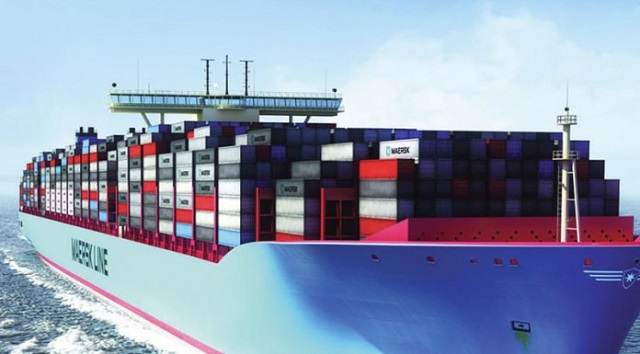A wave of new production and slowing domestic demand have forced China to export petrol cargoes to Nigeria and Mexico as the Asian country ramps up petrol exports in July and August to near record levels.
The surge in Chinese exports will fill a supply gap caused by refinery outages in the United States and the Middle East.
It will also likely to accelerate a plunge in Asian petrol margins, which have dropped 50 per cent since July 12, when they clawed back to a three-month high.
Reuters reported that China’s refineries, led by PetroChina Company, the country’s second-largest, will export about 1.5 million tonnes of gasoline per month in July and August.
This figure is up from June exports of 1 million tonnes and near the record of 1.69 million tonnes exported in March.
The export surge is a result of the start-up of two large-scale refineries owned by Hengli Petrochemical and Zhejiang Petrochemical that will each add about four million tonnes per year of petrol production capacity when fully operational.
The surge will reverse the trend of falling exports in 2019, for the first half of 2019 they are down nine per cent from the same period a year ago.
According to reports, petrol is overflowing in China as Hengli shocked the market and companies took the advantage of stronger demand in Latin America and West Africa.
PetroChina was granted petrol export quotas of 4.7 million tonnes in the second batch of quotas issued in May, more than half of the quotas given.
As a result, the company is placing cargoes to Mexico, Chile and Nigeria, according to the oil traders.
Chinese refiners have loaded 1.2 million tonnes of petrol for export as of July 23, after a record 1.6 million tonnes in June.
China’s refiners have tried to lower the so-called diesel/petrol production ratio to produce less diesel and more of the motor fuel, causing the excess of petrol.
The shift in production was aimed initially at easing the overhang of diesel as demand for the industrial and truck fuel has fallen amid a slowing economy.
Petrol demand growth is also sliding as Chinese automobile sales, consisting mainly of petrol-consuming passenger vehicles, fell for a 12th month in June, with 2019 annual sales set to fall for the second year in a row.
As a result of the petrol glut, plants that make mixed aromatics, petrochemicals used to raise the octane rating in petrol, in eastern China’s Shandong province have reportedly closed.
Meanwhile, crude oil prices rose about one per cent yesterday amid Middle East tensions and a big decline in United States crude stockpiles.
However, the gains were capped due to lingering worries about slowing economic growth that could reduce fuel demand.
Brent crude futures were up 1.2 per cent at $63.92 a barrel, after hitting a session high of $64.23.
US West Texas Intermediate crude was up 1.2 per cent, at $56.55 a barrel, after hitting a session high of $56.99.
A week after Iran seized a British-flagged tanker in the Gulf, Britain’s Ministry of Defence said the Royal Navy had been tasked with accompanying UK-flagged ships through the Strait of Hormuz to defend freedom of navigation.
Saudi Arabia, the world’s top oil exporter, also urged global oil buyers to secure energy shipments passing along the Strait of Hormuz, through which about 20 per cent of global supply is transported daily.
The kingdom also planned to raise the capacity of its east-west pipeline by 40 per cent in two years so that more of its oil exports can avoid passing through the Strait of Hormuz, the country’s energy minister said Thursday.
Crude oil prices were also supported by a fall in US crude stocks by nearly 11 million barrels, well above analysts’ expectations for a drop of four million barrels.
Oil prices have been under pressure from concerns about global economic growth amid growing signs of harm from the US-China trade war that has rumbled on over the last year.













